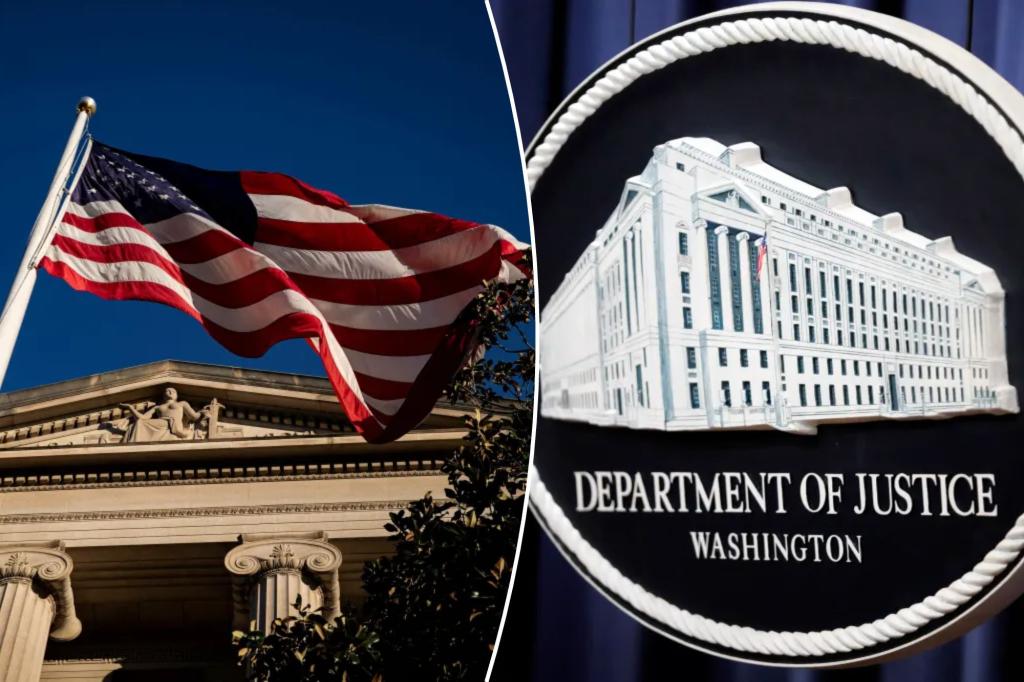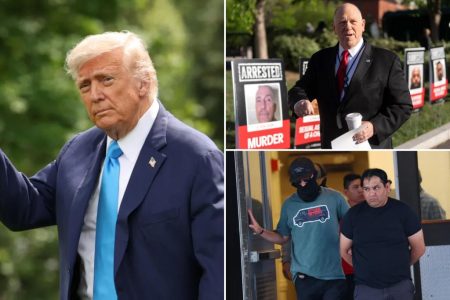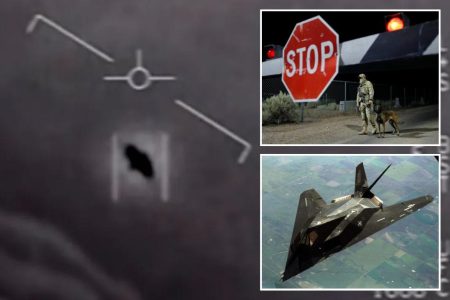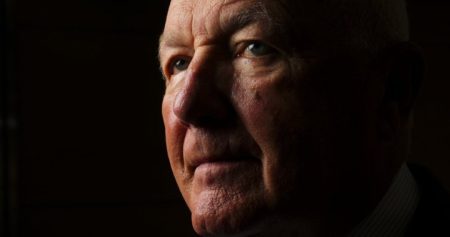Paragraph 1: Unveiling Misconduct within the Department of Justice
The Department of Justice’s Office of the Inspector General (OIG), led by Michael Horowitz, unveiled a disconcerting instance of misconduct involving three senior DOJ officials. These officials were found to have violated internal policies by leaking non-public investigative information to select reporters just days before an election. This breach led to the publication of two news articles containing sensitive information, potentially influencing the electoral process. Adding to the transgression, one of the officials further violated DOJ policy by reposting links to these articles through a DOJ social media account, amplifying the reach of the leaked information.
Paragraph 2: The OIG Investigation and its Limitations
The OIG’s investigation stemmed from a complaint alleging a politically motivated disclosure of ongoing investigative matters in the lead-up to an unspecified election. Despite finding clear violations of DOJ’s Confidentiality and Media Contacts Policy, the investigation faced limitations due to the fact that the implicated officials were no longer DOJ employees at the time of the inquiry. Their status as former employees prevented the OIG from compelling their testimony, potentially hindering a complete understanding of the motivations and full extent of the leak. The OIG, after completing its investigation, submitted its report to the Office of the Deputy Attorney General and the Professional Misconduct Review Unit for appropriate action against the attorneys involved. The report was also shared with the US Office of Special Counsel to investigate potential Hatch Act violations.
Paragraph 3: Unraveling the Mystery of the Leaked Investigation
While the OIG confirmed the misconduct and the leak, the specific investigation that was compromised remains undisclosed. This lack of clarity fuels speculation and raises concerns about the potential impact of the leak on the undisclosed investigation and the integrity of the DOJ’s processes. One possible link emerges from Sen. Chuck Grassley’s letter to Attorney General Merrick Garland and FBI Director Christopher Wray, also forwarded to the OIG. Grassley’s letter accused the DOJ and FBI of leaking information to the media regarding a closed investigation into then-President-elect Donald Trump. This investigation, which explored allegations of Egyptian President Abdel Fatah El-Sisi’s attempt to influence the 2016 election in Trump’s favor, was eventually closed due to insufficient evidence.
Paragraph 4: The Shadow of Past Leaks and Concerns about Record Preservation
The timing of the leak, just days before an election, and the alleged involvement of senior DOJ officials raise concerns about potential political motivations. This incident echoes past instances of leaks surrounding investigations into Donald Trump, including those conducted by Special Counsel Robert Mueller and Special Counsel John Durham. Senator Grassley’s subsequent letter to Garland, Wray, Horowitz, and Special Counsel Jack Smith, emphasizing the need for record preservation, underscores the concern over potential destruction of evidence, similar to what allegedly happened with records related to the Mueller investigation.
Paragraph 5: Trump’s Accusations and the Legacy of Leaks
Donald Trump has consistently accused investigators and prosecutors, including Jack Smith, of leaking information to the media. He specifically cited an alleged leak of an audio recording related to a classified document case, which was eventually dismissed. The history of leaks during both Trump’s presidential terms and the subsequent investigations has created an atmosphere of distrust and fueled accusations of political bias within the DOJ. This pattern of leaks and allegations highlights the vulnerability of sensitive information and the potential for its manipulation in the political arena.
Paragraph 6: Broader Implications and the Need for Accountability
The OIG’s findings highlight broader issues of transparency and accountability within the Department of Justice. The leak of non-public information, especially close to an election, undermines public trust in the impartiality and integrity of law enforcement agencies. The difficulty in compelling testimony from former employees exposes a potential loophole that could hinder future investigations into similar misconduct. The incident involving Sen. Bob Menendez, where information related to a corruption probe was leaked before his indictment, further underscores the vulnerability of investigations to premature disclosures, which can have significant ramifications for individuals and the justice system. The lack of comment from the DOJ OIG adds to the ongoing uncertainty and raises the imperative for a thorough examination of the DOJ’s protocols to prevent future occurrences of such misconduct and to restore public trust in its operations.
![Who Is the Father of [Spoiler]’s Baby? Why ‘Ginny and Georgia’ Cast Remain ‘Divided’ Before Season 4](https://newsytribune.com/wp-content/uploads/2025/06/ginnygeorgiarecap-300x158.jpg)









